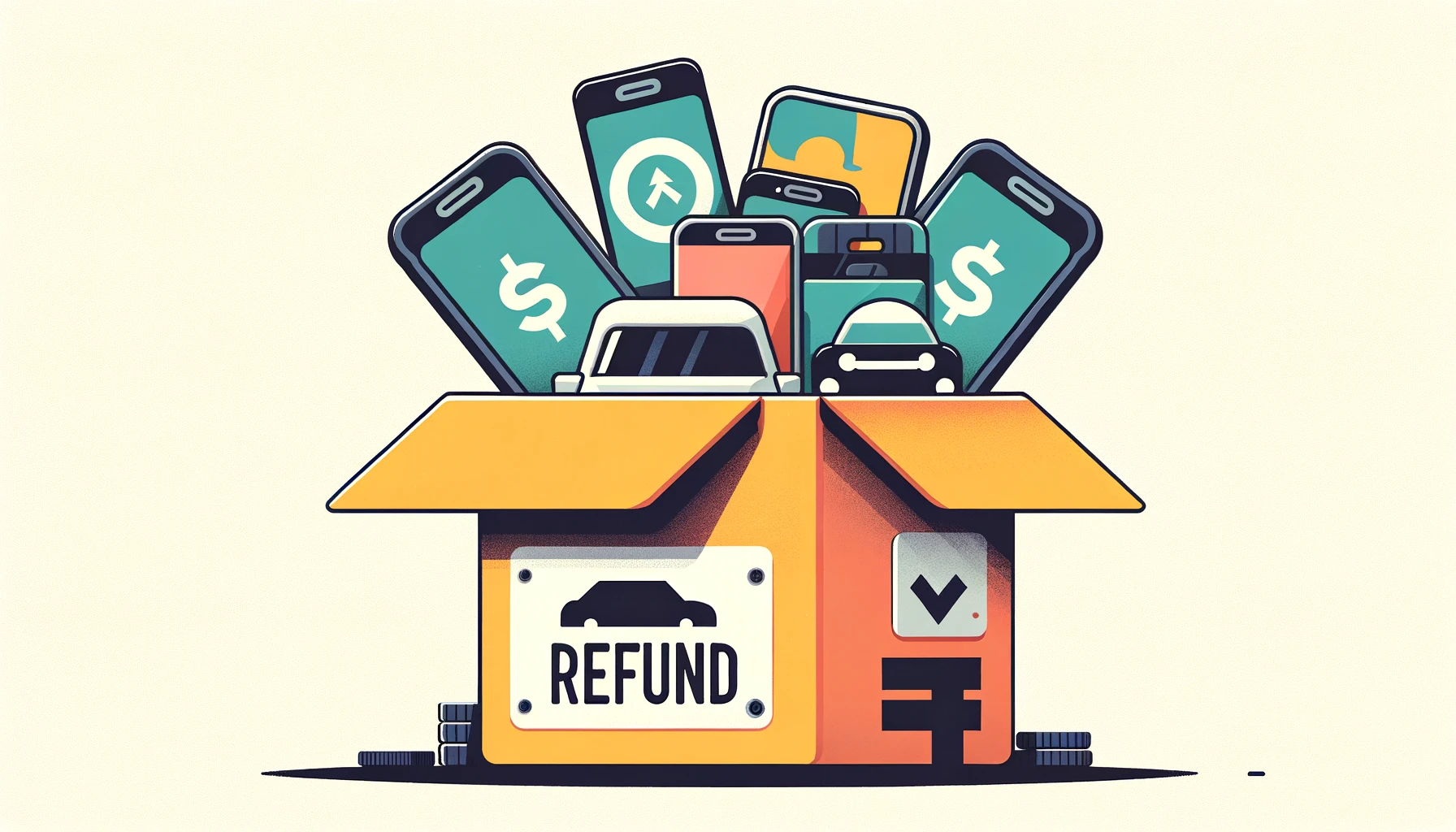Spotify has started issuing refunds for its Car Thing device after facing a lawsuit alleging the company “bricked” the streaming gadget. The move comes as the popular music streaming service navigates legal and customer dissatisfaction issues.
The Situation: What Happened?
On May 30, 2024, Spotify began offering refunds to customers who purchased its Car Thing device. This decision followed a lawsuit filed against the company, accusing it of rendering the device non-functional, or “bricked.” The Car Thing, launched in 2021, was designed to enhance in-car music streaming through a dedicated interface.
The lawsuit, initiated by several disgruntled customers, claims that a recent software update rendered their Car Things useless. Despite being marketed as a standalone streaming solution, many users found their devices unable to function independently, effectively turning them into expensive paperweights.
Spotify’s spokesperson addressed the issue, stating, “We are committed to providing the best possible experience for our users. While we regret the inconvenience caused, we are working diligently to offer refunds and support to affected customers.”
Background: Car Thing and Its Promise
The Car Thing was Spotify’s foray into the hardware market, aiming to capture a segment of users seeking a more integrated car audio streaming experience. Priced at $79.99, it promised seamless access to Spotify’s vast music library, controlled via a touchscreen, voice commands, and physical buttons.
At its launch, the Car Thing was lauded for its user-friendly interface and integration with Spotify’s ecosystem. However, from the onset, it faced competition from existing solutions like Apple CarPlay and Android Auto, which offered broader functionality beyond just music streaming.
Over the years, updates to Spotify’s software have been aimed at improving user experience across all devices. However, the recent update that allegedly “bricked” the Car Thing has highlighted the risks of relying on software patches to maintain hardware viability.
Legal and Customer Response
The lawsuit claims that Spotify knowingly released a defective update, violating consumer protection laws. Plaintiffs argue that the company failed to provide adequate warnings or solutions, leaving them with non-functional devices.
Legal experts suggest that the case could hinge on whether Spotify’s update intentionally targeted the Car Thing or was an unfortunate side effect of broader software changes. Regardless, the company’s decision to offer refunds indicates a recognition of the issue’s seriousness and a desire to mitigate backlash.
From my point of view, this situation underscores the importance of thorough testing and communication with customers when rolling out significant updates. In an era where software updates are commonplace, companies must ensure these updates do not inadvertently compromise device functionality.
Pros and Cons of Spotify’s Refund Decision
Pros:
- Customer Trust: Offering refunds helps restore consumer trust and shows accountability.
- Legal Mitigation: Addressing the issue proactively can reduce the lawsuit’s impact and potential damages.
- Brand Image: It portrays Spotify as a customer-centric company willing to rectify its mistakes.
Cons:
- Financial Cost: Issuing refunds can be expensive and impact the company’s financials.
- Reputational Damage: The lawsuit and the bricking incident have already tarnished Spotify’s reputation.
- Market Confidence: This incident could shake investor confidence in Spotify’s hardware ventures.
Conclusion
Spotify’s decision to offer refunds for the Car Thing reflects a strategic move to manage a burgeoning crisis. As I see it, while this step might alleviate immediate customer concerns, the incident serves as a cautionary tale for tech companies navigating the complex interplay between hardware and software. Ensuring robust testing protocols and transparent communication channels with users will be crucial in preventing similar issues in the future.






